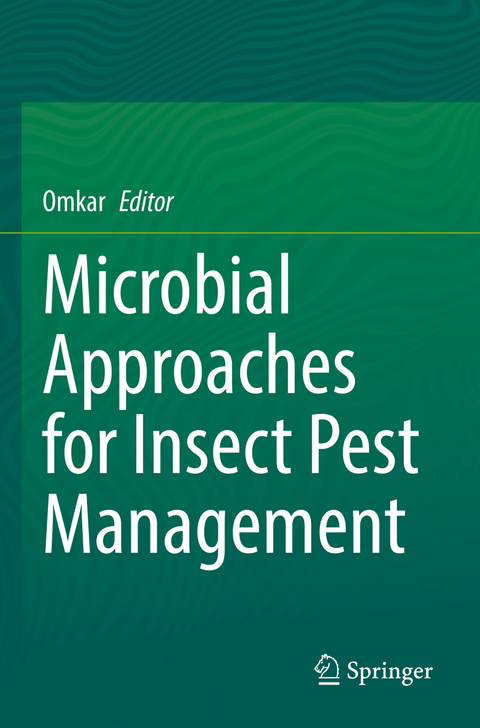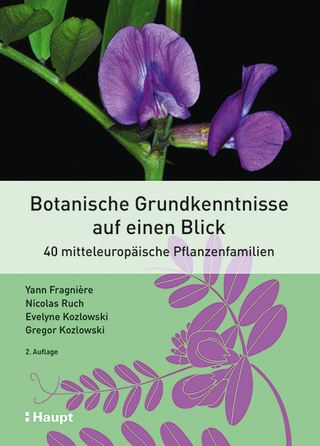
Microbial Approaches for Insect Pest Management
Springer Verlag, Singapore
978-981-16-3597-7 (ISBN)
Prof. Omkar, FNASc, has been associated with teaching for about 35 years and research for more than 42 years. He is Former Head, Department of Zoology, University of Lucknow, Lucknow-226007,Former Coordinator, UGC-SAP (DRS-II), DST-FIST, DST-PURSE, Centre of Excellence, Govt. of UP, programs. He has worked on 10 more projects of state/central funding agencies. He specializes in Environmental Toxicology and Entomology, with particular reference to the Insect Pest Management .He is also an Associate Editor, International Journal of Tropical Insect Science, Springer Nature and Chief Editor, Journal of Applied Bioscience, besides being President of International Society of Applied Biology. He is a receipient of several awards, like Saraswati Samman by the Department of Higher Education, Govt. of UP; Prof. T N Ananthakrishanan Foundation Award, Rescholar Award of Excellence in Agricultural Entomlogy by Association of ntomologists, Prof. G. S.Shukla Gold Medal by The Academy of Environmental Biology, Dr. S. Pradhan Memorial Lecture Award by The Devision of Entomology, IARI & The Entomological Society of India, ACCLAIM and Uddeepan awards from University of Lucknow. He is a Fellow of The Entomological Society of India, Zoological Society of India, Society for Biocontrol Advancement and Fellow of The National Academy of Sciences India (FNASc), besides many others. He has 16 books to his credit. He has published 235 Research papers, 10 Reviews, 40 Reviews as Book chapters, 17 Popular Science articles. Prof. Omkar has guided more than TWO dozen Ph. D. students. He has visited the School of Biological Sciences, University of East Anglia (2006) for three months and Department of Zoology, University of South Bohemia and Czech Academy of Sciences, Ceske Budejovice, Czech Republic (May 2016).
Chapter 1. Entomopathogenic Viruses.- Chapter 2. Entomopathogenic Bacteria.- Chapter 3. Bacillus thuringiensis.- Chapter 4. The Endophytes.- Chapter 5. The Symbionts.- Chapter 6. Metagenomic Approachess for Symbionts.- Chapter 7. Entomopthogenic Fungi.- Chapter 8. Entomopathogenic Protozoa.- Chapter 9. Entomopathogenic Nematodes.- Chapter 10. Ethics and Safety Concerns.
| Erscheinungsdatum | 30.11.2022 |
|---|---|
| Zusatzinfo | 1 Illustrations, black and white; XIII, 446 p. 1 illus. |
| Verlagsort | Singapore |
| Sprache | englisch |
| Maße | 155 x 235 mm |
| Themenwelt | Naturwissenschaften ► Biologie ► Botanik |
| Naturwissenschaften ► Biologie ► Mikrobiologie / Immunologie | |
| Schlagworte | Bacillus thuringiensis • Entomopathogeic Protozoa • Entomopathogenic fungi • entomopathogenic nematodes • entomopathogenic viruses |
| ISBN-10 | 981-16-3597-8 / 9811635978 |
| ISBN-13 | 978-981-16-3597-7 / 9789811635977 |
| Zustand | Neuware |
| Informationen gemäß Produktsicherheitsverordnung (GPSR) | |
| Haben Sie eine Frage zum Produkt? |
aus dem Bereich


